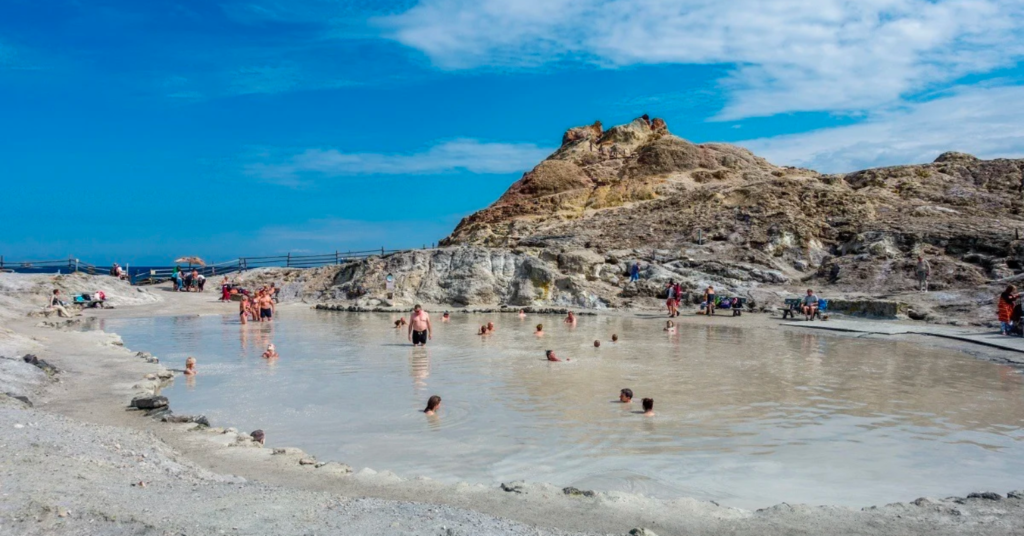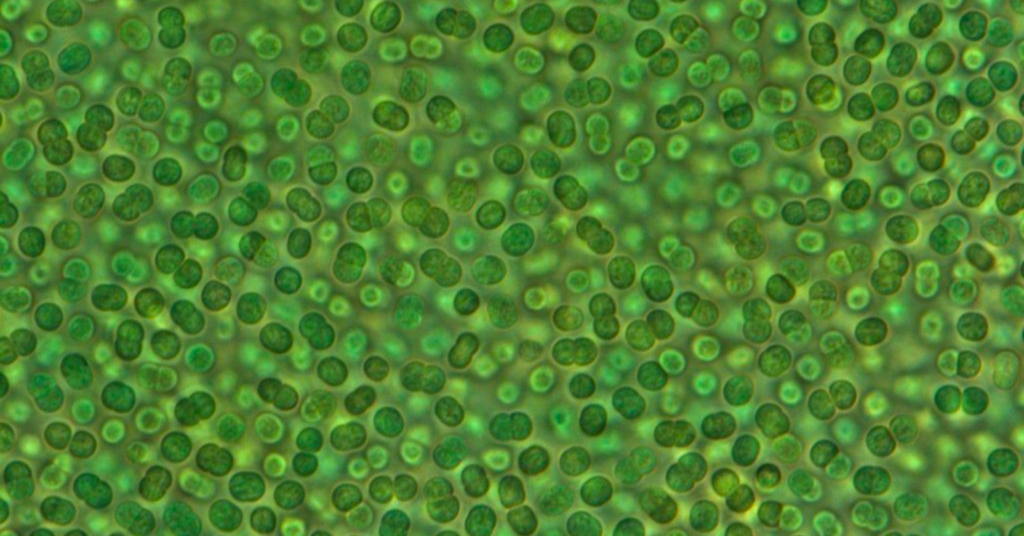Scientists have discovered a microbe that eats CO2 at an astonishing rate.

New research has shown that a microbe discovered in volcanic hot springs has a remarkable ability to consume carbon dioxide (CO2) quickly.
Scientists believe this discovery could lead to an efficient method of removing this greenhouse gas from the atmosphere.
As the world faces a climate crisis, scientists agree that ending the burning of fossil fuels is critical to slowing the damage, but limiting future harm may also require CO2 to be extracted from the air.
The newly discovered microbe, a cyanobacterium, was found in volcanic seeps near the Italian island of Vulcano, where the water contained high levels of CO2.

The bug was observed to convert CO2 into biomass faster than any other known cyanobacteria, according to the researchers.
The team also examined hot springs in the Rocky Mountains in Colorado, where CO2 levels are even higher. They are still analyzing those results.

Dr Braden Tierney, at Weill Cornell Medical College and Harvard Medical School, said that there was not a one-size-fits-all solution to climate change and carbon capture, and there were situations where tree planting, for example, would be more effective.
However, Tierney emphasized that there would also be circumstances where a fast-growing aquatic microbe that sinks could play a valuable role. This might include creating large carbon-capturing ponds, where the microbes could produce useful bioplastics.

Many companies are exploring the use of bacteria to manage CO2, including LanzaTech, which uses bacteria to convert CO2 into commercial fuels and chemicals.
The UK-based CyanoCapture, backed by Shell and Elon Musk, is also harnessing cyanobacteria to produce biomass and biological oils.
The potential of bacteria to capture CO2, especially when combined with genetic engineering, is an active research area.